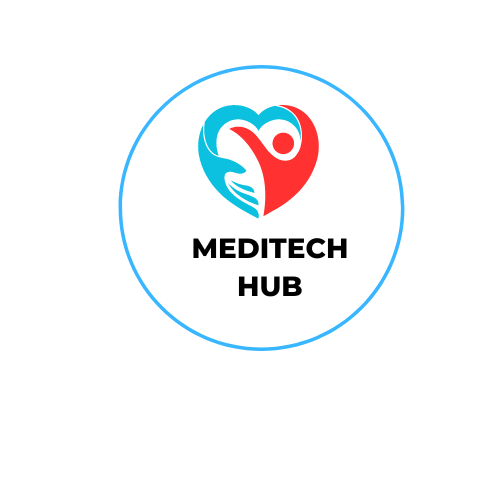The healthcare industry is experiencing a technological revolution, with blockchain emerging as a pivotal innovation for securing data and protecting patient privacy. As healthcare systems become more digitized, the need for robust, transparent, and efficient data management has never been more critical. This blog explores how blockchain technology is transforming healthcare by safeguarding sensitive patient information, streamlining administrative processes, and empowering patients with control over their medical data.
Introduction to Blockchain in Healthcare
Blockchain technology is set to revolutionize healthcare, offering unparalleled data
security and a new level of patient privacy. Imagine a world where your
sensitive health information is protected by cutting-edge encryption and an
unbreakable chain of records, making unauthorized access a thing of the past. This innovative, decentralized system not only safeguards your data but also empowers you with greater control over your personal information. With blockchain, we’re entering an era of healthcare where trust and confidentiality are no longer concerns but guarantees.
How Can Blockchain Revolutionize Healthcare by Securing Patient Data and Enhancing Privacy?
Blockchain technology is set to revolutionize healthcare, offering unparalleled data security and a new level of patient privacy. Imagine a world where your sensitive health information is protected by cutting-edge encryption and an unbreakable chain of records, making unauthorized access a thing of the past.
This innovative, decentralized system not only safeguards your data but also empowers you with greater control over your personal information. With blockchain, we’re entering an era of healthcare where trust and confidentiality are no longer concerns but guarantees.
Blockchain Key Benefits:
- Immutable Records:
Blockchain ensures that patient data cannot be altered without detection, preserving the integrity of the information. - Enhanced Privacy:
Encrypting sensitive data creates a secure environment, safeguarding patient information from unauthorized access. - Enhances Patient Control Over Their Data:
Blockchain technology empowers patients by giving them greater control over their medical records. Patients can manage permissions, deciding who can access their data and under what circumstances. This patient-centric approach enhances privacy and fosters active participation in healthcare decisions. - Data Ownership:
Patients have the power to manage access to their medical records. - Empowerment:
Enables patients to make informed decisions about their healthcare.
Applications of Blockchain in Healthcare today.
- Telemedicine and Remote Monitoring:
- Secure Communication: Blockchain ensures secure communication between patients and healthcare providers, crucial for telemedicine.
- Data Privacy: Maintains the privacy and integrity of data collected via remote monitoring devices.
- Electronic Health Records (EHRs): Blockchain securely stores and manages EHRs, ensuring data integrity and preventing unauthorized access.
- Supply Chain Management: Tracking and Authentication: Blockchain precisely tracks the production, shipment, and delivery of medical supplies and pharmaceuticals.
- Transparency and Safety: Provides an immutable record of the supply chain, ensuring the authenticity and safety of medical products.
- Clinical Trials and Research: Data Integrity: Ensures the transparency and integrity of clinical trial data, reducing fraud.
- Patient Consent: Facilitates secure data sharing among researchers while protecting patient privacy.
Future Trends of Blockchain in Healthcare
- Smart Contracts for Healthcare: Smart contracts can automate billing, insurance claims, and treatment protocols, enhancing transparency and reducing fraud.
- Global Blockchain-Based Health Records: Could provide consistent, secure access to medical histories worldwide, improving care for patients traveling or living abroad.
- Patient Identification and Consent Management: Blockchain can provide secure digital identities, simplifying consent management and enhancing data security.
Challenges and Limitations of Blockchain in Healthcare
Despite its potential, blockchain in healthcare faces several challenges:
- Regulatory and Compliance Issues: Navigating complex regulations like HIPAA can be challenging.
- Data Privacy and Anonymity: Ensuring complete anonymity and privacy can be difficult, with risks of re-identifying anonymized data.
- Scalability and Performance: Handling large data sets and high transaction volumes efficiently remains a challenge.
Conclusion.
In conclusion, blockchain technology offers transformative benefits for healthcare, including enhanced data security, improved patient privacy, and streamlined administrative processes. While challenges exist, the ongoing advancements and adoption of blockchain hold great promise for the future of healthcare. By embracing this technology, healthcare providers can offer more secure, transparent, and patient-centered care, protecting sensitive information and empowering patients in unprecedented ways.



